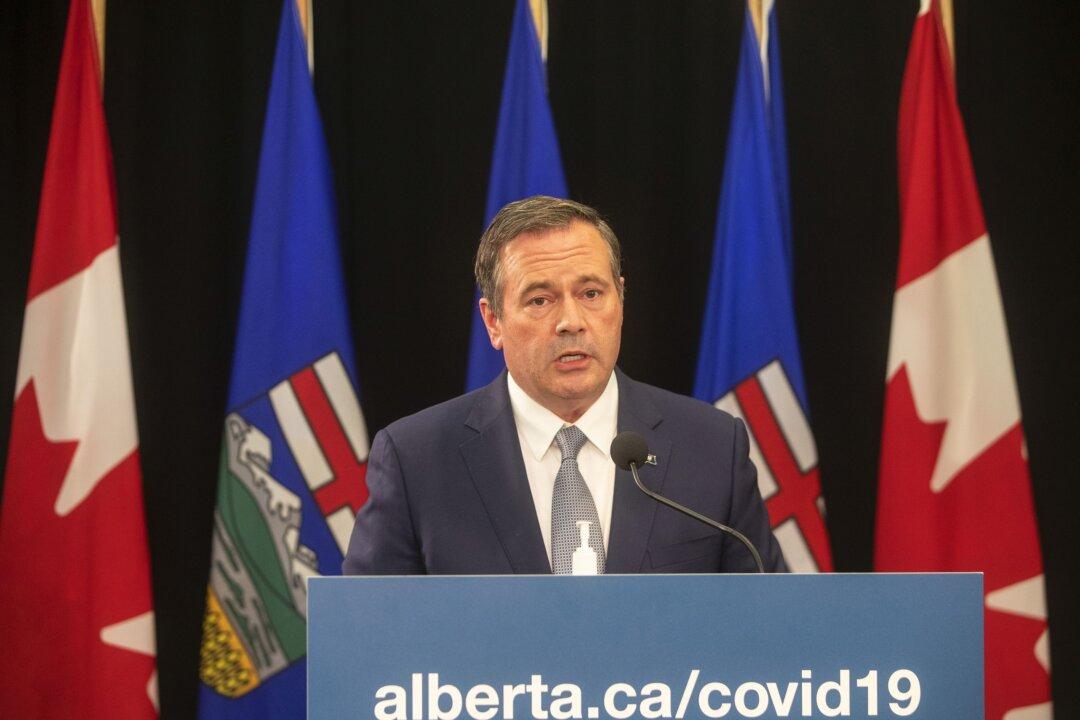If Albertans vote overwhelmingly in an upcoming referendum to repeal equalization, it would help Premier Jason Kenney to lobby Ottawa for changes, advocates say, although concerns linger that other factors not directly related to the referendum itself may impact how people vote.
When Albertans vote in municipal elections on Oct. 18, they will be asked, “Should section 36(2) of the Constitution Act, 1982—Parliament and the government of Canada’s commitment to the principle of making equalization payments—be removed from the constitution?”





